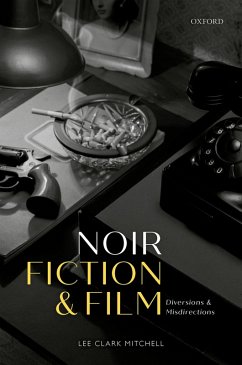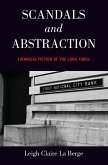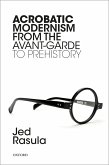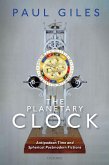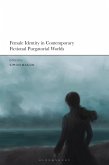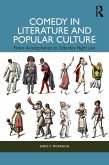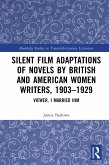The argument of Noir Fiction and Film is curiously counterintuitive: that in a century of hard-boiled fiction and detective films, characteristics that at first seemed trivial swelled in importance, flourishing into crucial aspects of the genre. Among these are aimless descriptions of people and places irrelevant to plot, along with detectives consisting of little more than sparkling dialogue and flippant attitudes. What weaves together such features, however, seems to be a paradox: that a genre rooted in solving a mystery, structured around the gathering of clues, must do so by misdirecting our attention, even withholding information we think we need to generate the suspense we also desire. Yet successful noir stories and films enhance that suspense through passing diversions (descriptive details and eccentric perspectives) rather than depending on the center pieces of plot alone (suspected motives or incriminating traces). As the greatest practitioners of the genre have realized, the "how" of detective fiction (its stylistic detours) draws us in more insistently than the "what" or the "who" (its linear advance). And the achievement of recent film noir is to make that "how" become the tantalizing object of our entire attention, shorn of any pretense of reading for the plot, immersing us in the diversionary delight that has animated the genre from the beginning.
Dieser Download kann aus rechtlichen Gründen nur mit Rechnungsadresse in A, B, BG, CY, CZ, D, DK, EW, E, FIN, F, GR, HR, H, IRL, I, LT, L, LR, M, NL, PL, P, R, S, SLO, SK ausgeliefert werden.

